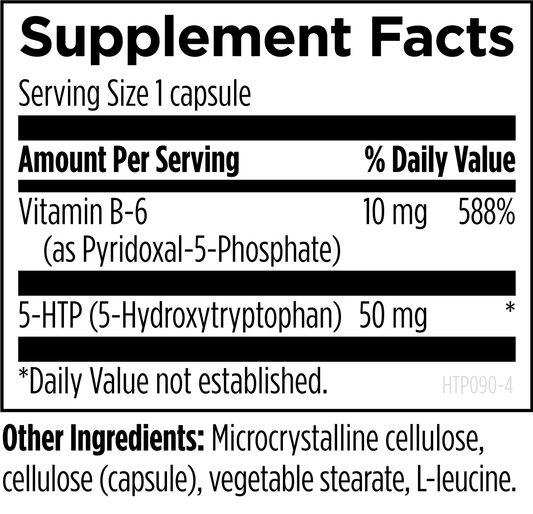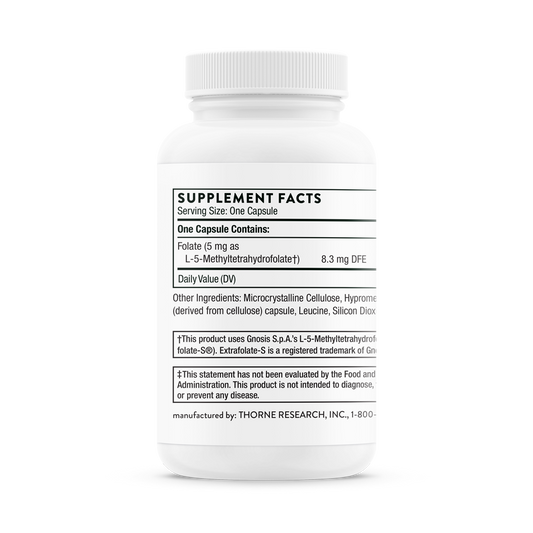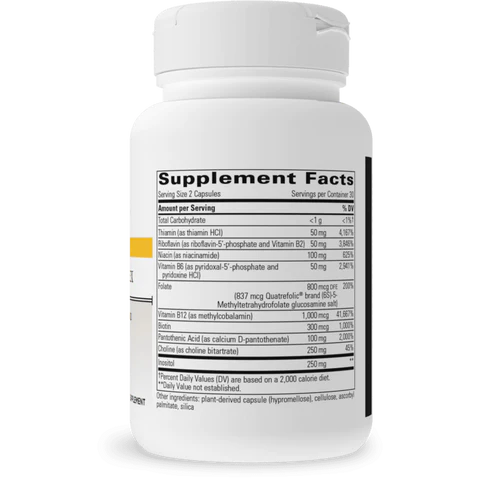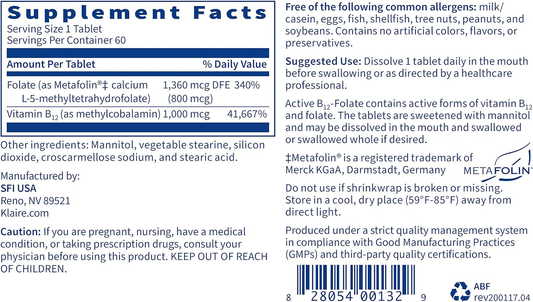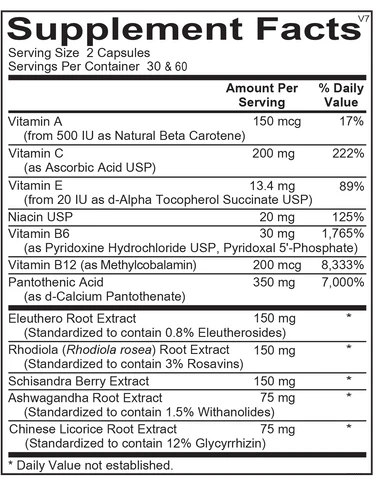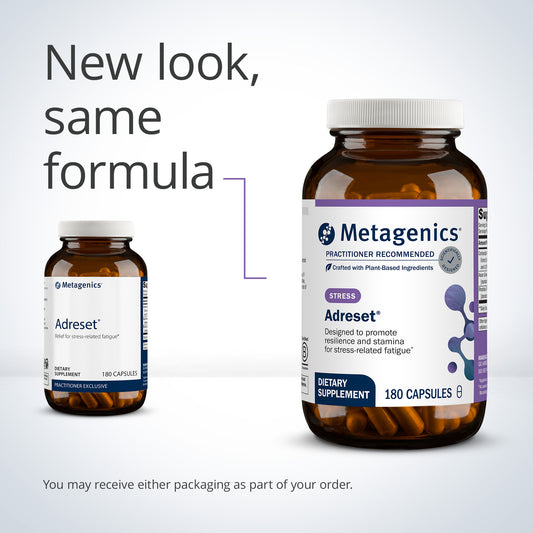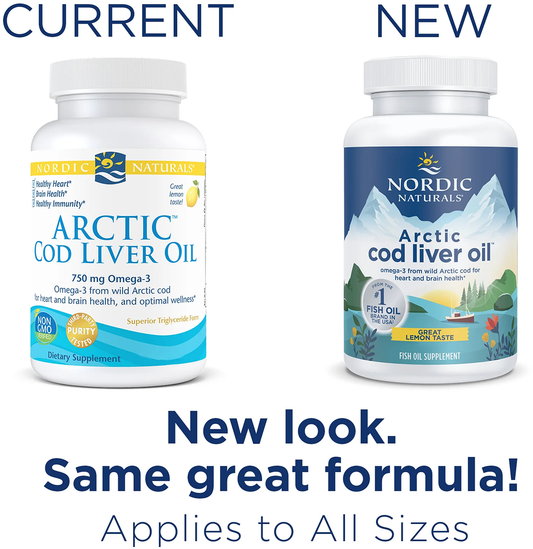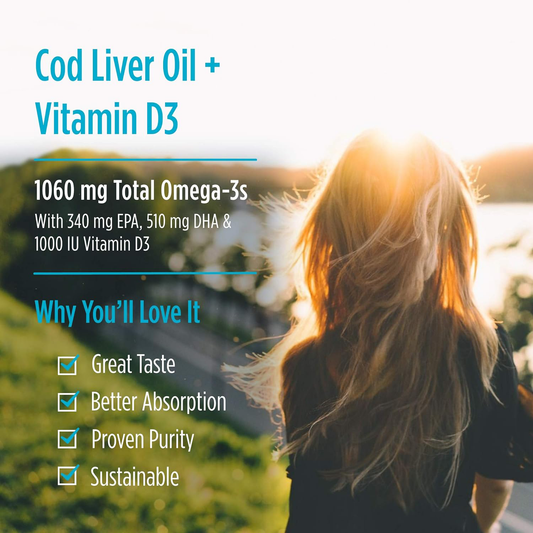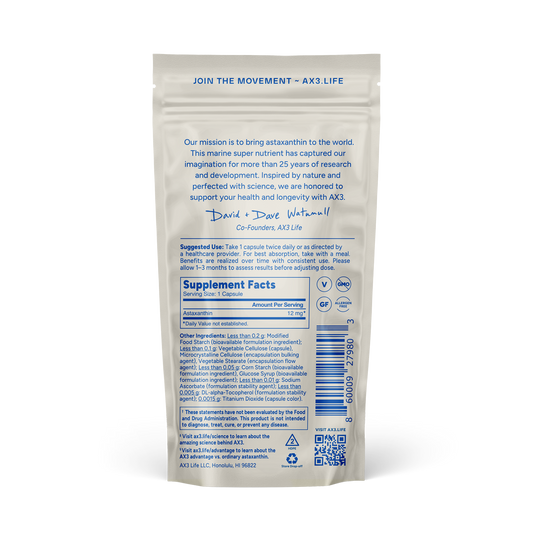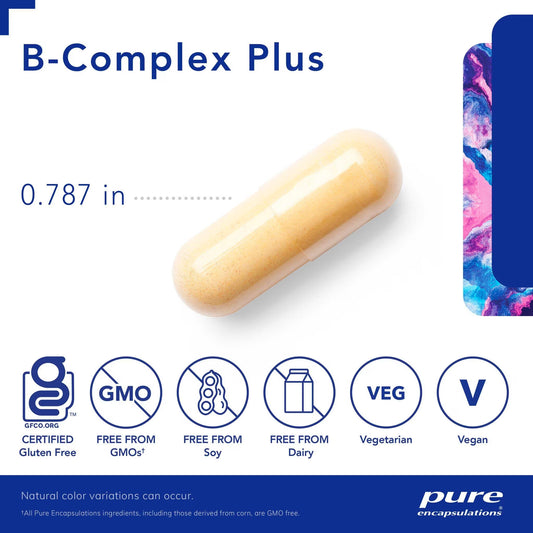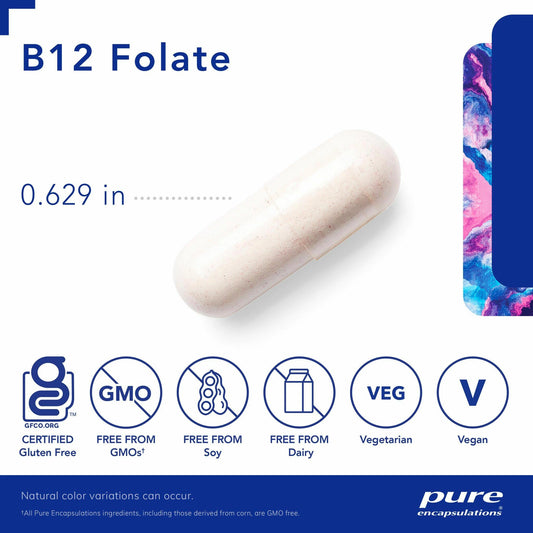The Most Dangerous Foods for Your Brain.

The Problem with Junk Foods
When people talk about junk foods, they’re essentially referring to “ultra-processed” foods. These are foods that have gone through a series of industrial processes that strip away nutrients and are loaded with some preternatural combination of sugar, starch, fat (particularly the bad kind, such as trans fats), sodium, and chemical additives (many of which have been banned in other countries for years, while being allowed in the US to this day).
All this processing serves a specific purpose: to enhance flavor and improve texture—and make these foods nearly impossible to stop eating. This isn’t in the interest of your health—it’s in the interest of increasing product sales. (Processing also extends shelf life, another win for the food manufacturer.)
And clearly, it’s working: The average American consumes more than 57% of their daily calories from ultra-processed foods [1]. And those who are “average” consume about 22 pounds, that’s right, 22 pounds of chemical food additives a year.
What’s more, it’s well-documented that ultra-processed foods drive people to overeat. In fact, a recent NIH study found that people automatically ate 500 more calories a day when they ate a diet of ultra-processed foods compared to minimally-processed foods [2].
This is Where Your Brain Comes in
Research suggests that chronic overeating damages brain neurons in the hypothalamus [3]. When this happens, your body goes into fix-it mode, sending in a biological S.W.A.T. team to repair the injury. This temporarily increases inflammation to the area, just like the soreness you feel for a couple of days when you accidentally cut yourself with a paring knife.
That’s how your body heals. Problems arise, though, when you keep damaging the same area over and over by eating lots of ultra-processed foods. It’s like poking an open wound with a pointy stick. The inflammation—known as “hypothalamic inflammation”—doesn’t go away.
Why is This so Bad?
Hypothalamic inflammation seems to alter how your body responds to appetite and hunger-regulating hormones, specifically by increasing both ghrelin—a hormone that stimulates appetite—and your resistance to leptin, a hormone that signals fullness [4]. (The greater your leptin resistance, the more your brain ignores its message that you’ve had enough to eat.)
That’s a double-whammy that triggers a vicious cycle: You’re now programmed to overeat even more, exacerbating hypothalamic inflammation. (You’re now poking the wound with two pointy sticks.)
It Gets Worse
Ultra-processed foods have also been shown to negatively affect your microbiome, creating an unhealthy bacterial environment in your gut. (The “bad bugs,” not the “good bugs,” are running things.)
What’s that have to do with your brain? Your gut and brain are constantly chatting with one another. (This communication pathway is called the “gut-brain axis.”) And the health status of one has profound effects on the other.
Guess what can happen when your gut isn’t healthy? Two words: hypothalamic inflammation. (Now we’re up to three pointy sticks.)
How Does All This Impact You Long Term?
The research is only catching up, but it’s building quickly. For example: In an 8-year study, investigators discovered that those consuming more ultra-processed foods saw a faster decline in overall cognitive and executive function [5]. And a study of more than 800,000 people found a notable link between ultra-processed food intake and increased risk of dementia [6].
And in case it wasn’t clear, the effect of ultra-processed foods on your brain—and your subsequent eating behaviors—has a downstream effect on just about every aspect of your health and longevity.
In a recent study, scientists determined that ultra-processed food consumption is linked to more than 30 harmful conditions, including obesity, type 2 diabetes, heart disease, anxiety, depression, and death from any cause [7].
The Advice Here Should be Obvious
You want to avoid ultra-processed foods and strive to eat a minimally processed, plant-rich, whole-food diet.
This can help you naturally eat less and, as weird as it sounds, literally avoid brain damage. By default, this approach also ensures you consume a healthy amount of all the foods that can actually enhance both your brain and gut health.
Even small changes can help: One recent study found that swapping out just 10% of ultra-processed foods in your diet with an equal portion of unprocessed or minimally processed alternatives, cuts your risk of dementia by 17% [6]. (From there, keep going for even greater benefits.)
What to Eat for Brain Health
Here’s what I tell my patients (and yes, I follow this advice myself)—load up on fiber-rich plant foods—veggies, fruits, nuts, seeds, whole grains, and legumes—foods high in prebiotics such as avocados, artichokes, asparagus, berries, peas, chia seeds, and pistachios.
Next, embrace fermented foods like yogurt (unsweetened goat or sheep is the best), kefir, sauerkraut, and kimchi. These are packed with probiotics—friendly bacteria that populate your gut and keep the bad guys in check. (Remember: What’s good for your gut is good for your brain.)
And don’t forget polyphenol-rich foods like berries, dark chocolate, and green tea, which have been shown to boost cognition and memory. (They also taste delicious.)
If you need more inspiration, check out my tried and true recipes.
References
1. Kelly B, Jacoby E. Public Health Nutrition special issue on ultra-processed foods. Public Health Nutrition. 2018;21(1):1-4. doi:10.1017/S1368980017002853.
2. Hall KD, Ayuketah A, Brychta R, Cai H, Cassimatis T, Chen KY, Chung ST, Costa E, Courville A, Darcey V, Fletcher LA, Forde CG, Gharib AM, Guo J, Howard R, Joseph PV, McGehee S, Ouwerkerk R, Raisinger K, Rozga I, Stagliano M, Walter M, Walter PJ, Yang S, Zhou M. Ultra-Processed Diets Cause Excess Calorie Intake and Weight Gain: An Inpatient Randomized Controlled Trial of Ad Libitum Food Intake. Cell Metab. 2019 Jul 2;30(1):67-77.e3. doi: 10.1016/j.cmet.2019.05.008. Epub 2019 May 16. Erratum in: Cell Metab. 2019 Jul 2;30(1):226. Erratum in: Cell Metab. 2020 Oct 6;32(4):690. PMID: 31105044; PMCID: PMC7946062.
3. Thaler JP, Yi CX, Schur EA, Guyenet SJ, Hwang BH, Dietrich MO, Zhao X, Sarruf DA, Izgur V, Maravilla KR, Nguyen HT, Fischer JD, Matsen ME, Wisse BE, Morton GJ, Horvath TL, Baskin DG, Tschöp MH, Schwartz MW. Obesity is associated with hypothalamic injury in rodents and humans. J Clin Invest. 2012 Jan;122(1):153-62. doi: 10.1172/JCI59660. Epub 2011 Dec 27. Erratum in: J Clin Invest. 2012 Feb 1;122(2):778. PMID: 22201683; PMCID: PMC3248304.
4. Roth CL, McCormack SE. Acquired hypothalamic obesity: A clinical overview and update. Diabetes Obes Metab. 2024 Apr;26 Suppl 2:34-45. doi: 10.1111/dom.15530. Epub 2024 Mar 7. PMID: 38450938.
5. Gomes Gonçalves N, Vidal Ferreira N, Khandpur N, Martinez Steele E, Bertazzi Levy R, Andrade Lotufo P, Bensenor IM, Caramelli P, Alvim de Matos SM, Marchioni DM, Suemoto CK. Association Between Consumption of Ultraprocessed Foods and Cognitive Decline. JAMA Neurol. 2023 Feb 1;80(2):142-150. doi: 10.1001/jamaneurol.2022.4397. PMID: 36469335; PMCID: PMC9857155.
6. Henney AE, Gillespie CS, Alam U, Hydes TJ, Mackay CE, Cuthbertson DJ. High intake of ultra-processed food is associated with dementia in adults: a systematic review and meta-analysis of observational studies. J Neurol. 2024 Jan;271(1):198-210. doi: 10.1007/s00415-023-12033-1. Epub 2023 Oct 13. PMID: 37831127; PMCID: PMC10770002.
7. Lane MM, Gamage E, Du S, Ashtree DN, McGuinness AJ, Gauci S, Baker P, Lawrence M, Rebholz CM, Srour B, Touvier M, Jacka FN, O'Neil A, Segasby T, Marx W. Ultra-processed food exposure and adverse health outcomes: umbrella review of epidemiological meta-analyses. BMJ. 2024 Feb 28;384:e077310. doi: 10.1136/bmj-2023-077310. PMID: 38418082; PMCID: PMC10899807.
Related Longevity Articles
Memory & Brain Health Support
Designed to support cognitive function and mental clarity, these supplements help enhance memory and improve overall brain performance. Ideal for those seeking to boost mental acuity and maintain a sharp mind, they offer a natural way to support brain health and cognitive well-being.
-
5-HTP Synergy
Regular price $41.49 / 90 CapsulesRegular priceUnit price / per -
5-MTHF 5mg
Regular price $68.00 / 60 CapsulesRegular priceUnit price / per -
Active B-Complex
Regular price $18.50 / 60 CapsulesRegular priceUnit price / per -
Active B12 Folate (sublingual)
Regular price $25.99 / 60 LozengesRegular priceUnit price / per -
Adreset 180 ct.
Regular price $115.00 / 180 CapsulesRegular priceUnit price / per -
Arctic Cod Liver Oil Capsules
Regular price $47.95 / 180 SoftgelsRegular priceUnit price / per -
Arctic-D Cod Liver Oil - Lemon
Regular price $33.95 / 48 TeaspoonsRegular priceUnit price / per -
AX3® Bio-Pure Astaxanthin
Regular price $50.00 / 60 capsulesRegular priceUnit price / per -
B-Complex Plus
Regular price $42.00 / 120 CapsulesRegular priceUnit price / per -
B12 Folate 60's
Regular price $20.60 / 60 CapsulesRegular priceUnit price / per
Login
- Choosing a selection results in a full page refresh.
- Opens in a new window.









